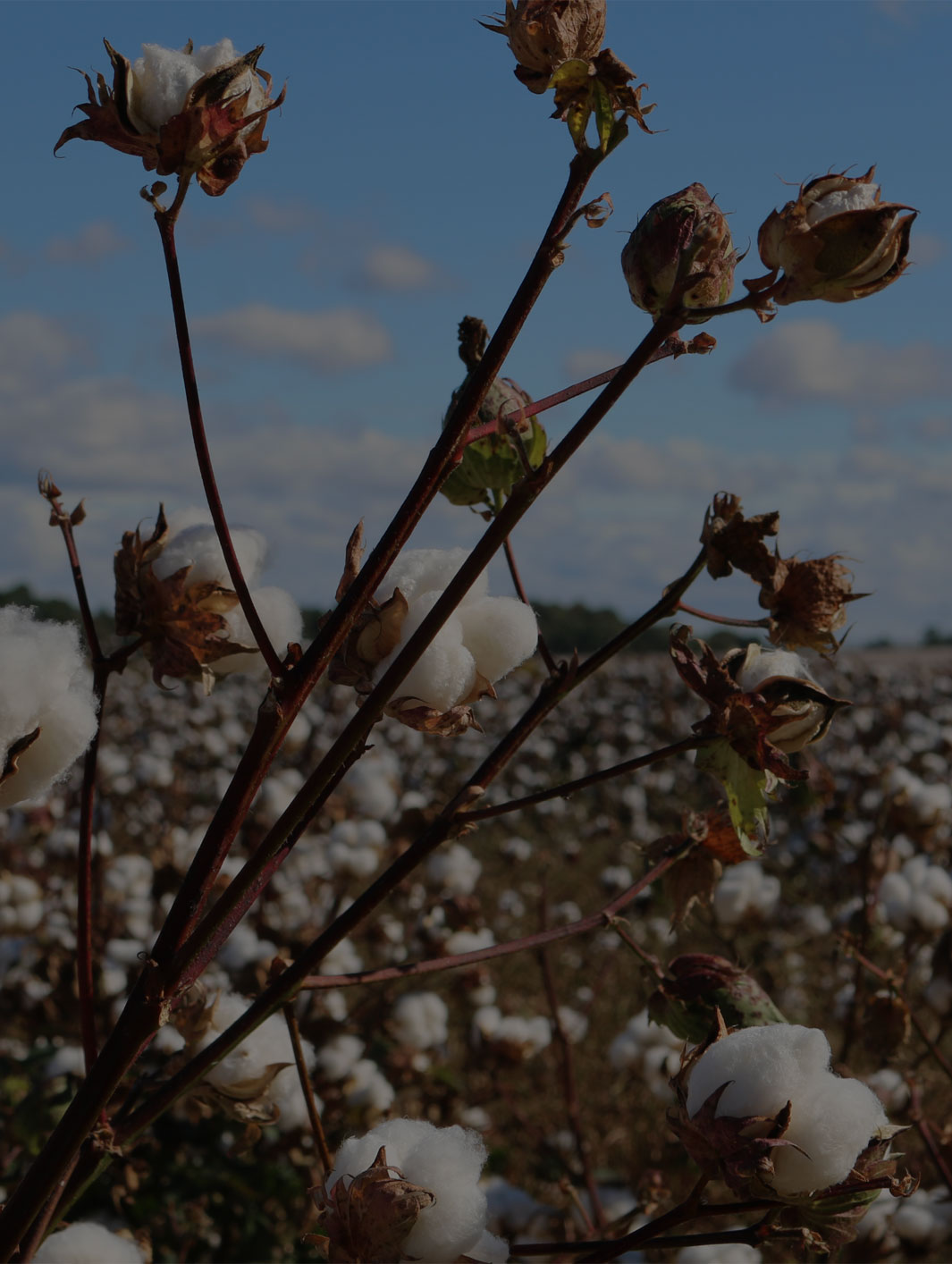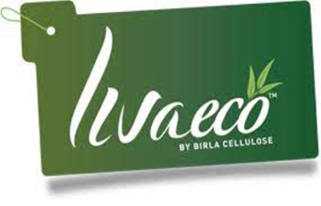
Responsible Wool Standard
The Responsible Wool Standard/RWS verifies wool animal welfare and land management requirements and tracks it from the source to the final product.
FIND OUT MORE
It's well-known that the production of raw materials used to make clothing contributes to a significant social and environmental footprint – and we're determined to change that.
Responsible Wool Standard

Responsible Wool Standard
The Responsible Wool Standard/RWS verifies wool animal welfare and land management requirements and tracks it from the source to the final product.
FIND OUT MORELeather Working Group

Leather Working Group
The Leather Working Group/LWG aims to improve the leather manufacturing industry by creating alignment on environmental priorities, bringing visibility to best practices and providing suggested guidelines for continual improvement.
FIND OUT MORE
Abraham moon & sons
and wool integrity™ programme

Abraham moon & sons
and wool integrity™ programme
For over three decades, we've collaborated with the Abraham Moon mill in Yorkshire, one of the last remaining vertical woollen mills in Great Britain. World-renowned for quality, they use New Zealand wool sourced via the Wool Integrity™ Programme, which provides assurances around animal Welfare and land management, traceability, wool quality, health and safety and wellbeing.
Find out more about Abraham Moon and the Wool Integrity™ programme.
Better Cotton

LENZING™ ECOVERO™

LENZING™ ECOVERO™
LENZING™ ECOVERO™ branded Viscose fibres are the new standard in responsible viscose production. Sourced from FSC® and PEFC™ certified forests, the manufacture of LENZING™ ECOVERO™ fibres has a low environmental impact, generating up to 50% lower emissions and water impact compared to generic viscose.
FIND OUT MORELivaeco by birla cellulose™

Livaeco by birla cellulose™
Sourced from FSC certified forests, LivaEco by Birla Cellulose™ production has low environmental impact with low water consumption and low carbon emissions with fully traceability verification at each stage of production.
FIND OUT MOREAlthough synthetic materials can be easy to care for and long-lasting, we want to reduce our reliance on them. Instead, we're using recycled materials that would have ended up in landfills. It's not the perfect solution, which is why we're always looking for more responsible alternatives.
angora
Exotic skins
Virgin down feathers
Real fur
Shell trims from endangered species
Wool from mulesed sheep